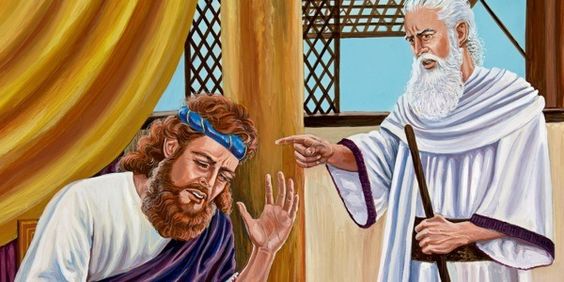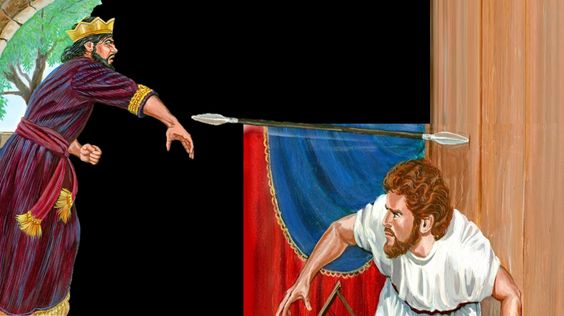Introduction
The relationship between Prophet Nathan and King David is one of the most compelling stories in the Bible. Prophet Nathan’s anger towards King David highlights a pivotal moment in biblical history, reflecting themes of sin, repentance, and divine justice. In this blog, we will explore why Prophet Nathan was angry with King David, the events that led to this confrontation, and the lessons we can learn from this profound story.
The Context of Nathan’s Anger
- David’s Sin with Bathsheba: The root of Nathan’s anger lies in King David’s grievous sin with Bathsheba. David, having seen Bathsheba bathing, was overcome with lust. He summoned her to his palace, leading to an adulterous affair that resulted in Bathsheba’s pregnancy.
- The Murder of Uriah: To cover up his sin, David tried to deceive Bathsheba’s husband, Uriah. When his attempts failed, David orchestrated Uriah’s death by placing him on the front lines of battle. This act compounded David’s sin, adding murder to his adultery.

Nathan’s Confrontation with David
- The Parable: Nathan approached David with a parable. He told a story of a rich man who took a poor man’s only lamb to prepare a meal for a traveler, despite having many flocks of his own. This story was a metaphor for David’s actions.
- David’s Reaction: David, unaware that the parable was about him, was furious and declared that the rich man deserved to die and must pay for the lamb four times over.
- Nathan’s Rebuke: Nathan then revealed that the parable was about David, saying, “You are the man!” He exposed David’s sins of adultery and murder, stating that God was displeased with him. Nathan’s anger was not personal but was fueled by divine justice and righteousness.
The Reasons for Nathan’s Anger
- Violation of God’s Law: David’s actions were a direct violation of God’s commandments. Adultery and murder are serious sins, and David, as king, was expected to uphold God’s laws.
- Abuse of Power: David abused his power as king to commit these sins. He exploited his authority to take Bathsheba and orchestrate Uriah’s death, betraying the trust and responsibility bestowed upon him by God.
- Hypocrisy: David’s initial reaction to the parable showed his sense of justice when he believed the story was about another man. His hypocrisy in condemning the rich man while being guilty of far worse angered Nathan.
The Consequences and Lessons
- David’s Punishment: Nathan conveyed God’s judgment to David. The sword would never depart from his house, and his sins would bring calamity upon his family. This prophecy was fulfilled through the tumultuous events in David’s family life.
- David’s Repentance: Confronted by Nathan, David admitted his sin and sought God’s forgiveness. Psalm 51 is a poignant expression of David’s remorse and repentance. This highlights the importance of acknowledging and repenting for one’s sins.
- Divine Justice and Mercy: Nathan’s anger and subsequent confrontation illustrate God’s justice. However, David’s sincere repentance and God’s forgiveness also show His mercy. This balance of justice and mercy is a key theme in the story.
Conclusion
Prophet Nathan’s anger with King David was a righteous indignation rooted in David’s grave sins of adultery and murder. This confrontation serves as a powerful reminder of the seriousness of sin, the importance of accountability, and the necessity of repentance. Nathan’s role underscores the prophetic duty to speak truth to power and uphold divine justice, while David’s response teaches us about the path to redemption through sincere repentance.








